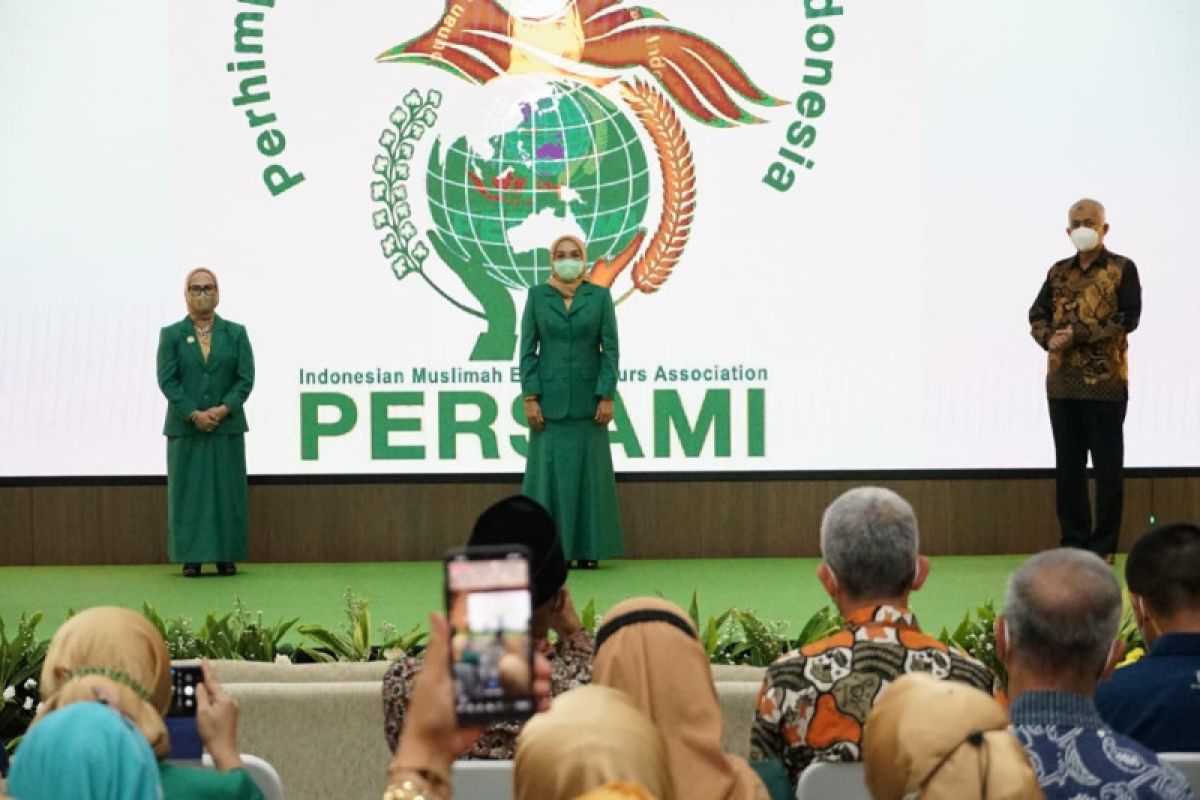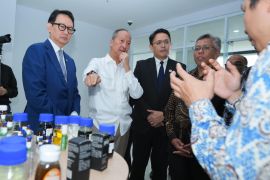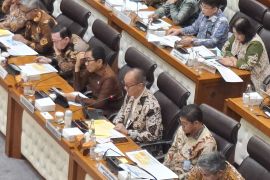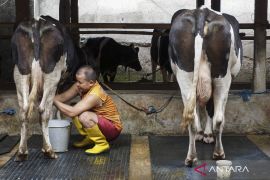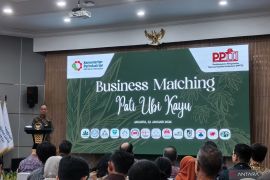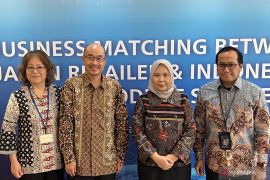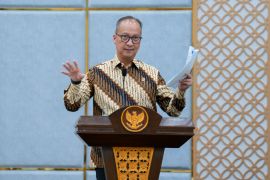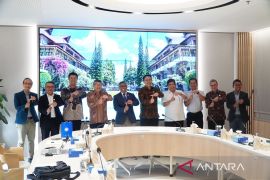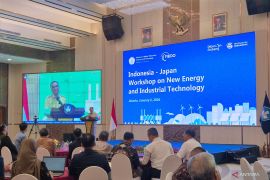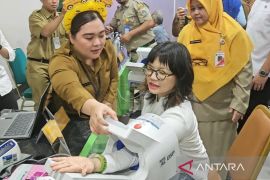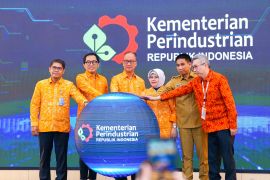"The government cannot run alone without the support of Muslim women here. We hope that Persami, which was originally a foundation, can grow, not only locally, but also globally. This organization is expected to be a beacon and a driving force, especially for the wheels of the economy in local and global markets," secretary general of the ministry, Dody Widodo, said in a statement issued here on Friday.
The ministry is working to ensure that national halal products can compete in the global market, he added.
"Of course, in accordance with the road map that has been prepared by the National Committee for Islamic Economy and Finance (KNEKS). Through this road map, Indonesia is expected to become the center of the world's halal products by 2024," he informed.
He said that to realize the target, support and collaboration between the government and non-governmental organizations, such as Persami, is necessary, especially to realize sharia economic principles and strengthen the halal value chain to advance the national economy.
He further said he is optimistic that Indonesian halal products can compete with foreign products. In the manufacturing sector, there are several industry groups that have the potential to become very large halal businesses.
These industry groups have grown at an extraordinary pace, for example, the food and beverage industry, which is supporting the Indonesian economy, grew 3.68 percent (compared to the previous year) in the second quarter of 2022 and contributed 38.38 percent to the gross domestic product (GDP) of the non-oil and gas processing industry.
Related news: Halal industry has had positive impact on economic recovery: minister
According to Widodo, Persami members are expected to encourage the growth of small and medium industries (SMIs) in the country as 47.32 percent or 2.08 million of the total 4.4 million SMIs are run by women.
SMIs are an inseparable part of the industry as a whole and are closely related to the participation of women, who can encourage industrial development in the region by utilizing local resources and the potential of women's groups in the area, he said.
"This means that this is very important, especially for Indonesia, where women are the driving force for SMIs owned by Muslim merchants as well as being the main drivers and motors of industrial economic development in Indonesia," the secretary general added.
He further said that in 2022, the ministry will again hold the Indonesia Halal Industry Awards (IHYA). The activity aims to show appreciation for stakeholders who have played an active role and innovated continuously in the development and empowerment of the national halal industry.
"We hope that Persami members can include their products in IHYA in 2022," he added.
Meanwhile, chairperson of the honorary council of Persami’s central executive board (DPP), Wury Estu Handayani Ma'ruf Amin, said that to capture market opportunities for halal products, efforts need to be made to continue to encourage Muslim entrepreneurs.
"This is to maintain and improve the quality of halal products and be able to adapt to the situation and be able to capture what consumers need," she added.
The wife of Vice President Ma'ruf Amin expressed the hope that Persami can continue to encourage Muslim women's businesses in Indonesia while increasing the capacity and capability of Muslim women and women merchants through educational programs and practical training, especially for MSMEs that produce halal products.
Related news: Over 731,000 products certified halal since 2019: BPJPH
Related news: BRIN supports strengthening of halal product ecosystem, industry
Translator: Sella Panduarsa Gareta, Katriana
Editor: Suharto
Copyright © ANTARA 2022
